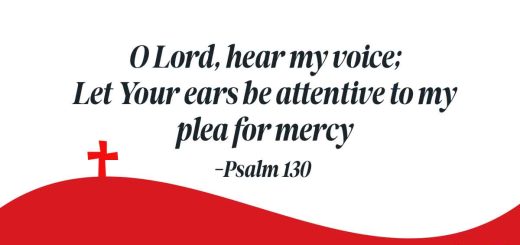The bishop’s load
The late Archbishop Denis Hurley had many friends and admirers, yet he would sometimes complain of the loneliness his position brought. It can indeed be lonely at the top.
This is the price of the mitre: once a priest becomes a bishop, old relationships can soon change. As a bishop he will have to take decisions that will not please everybody. A good bishop will make good judgments, even at risk of disappointing friends. And sometimes he may make mistakes that some will find difficult to pardon.
A bishop may experience inner conflict between the magisterium and its pastoral application in addressing particular problems. Expectations of him vary so much that inevitably he will displease somebody at some point. The burdens on a bishop are immense.
Pope Benedict described the role of a bishop as that of a father, brother and friend to his clergy and shepherd to the laity. But a bishop is much more than that. He must be a spiritual leader, pastor, administrator, human resource executive, social advocate, promoter of vocations, psychologist, arbitrator, moderator, reconciler, teacher and student (for nobody knows everything), and guarantor of unity within his diocese � preferably exercising all these roles with a measure of collegiality.
By the grace of God, and by judicious delegation, most bishops manage to accomplish most of these tasks. When they do so and when they don�t, all the Church must pray for our bishops. Pray that they can satisfy the huge expectations invested in them, pray that they exercise their authority with wisdom, pray that they won�t be disheartened when things go wrong, and humble when things go well; pray that they will not be too lonely. And we must give thanks when they perform their obligations well � not only to God, but to them too.
In that spirit, it is right that we, the Church, should give thanks for the service of the bishops who have passed on and those who have resigned or are going to resign upon reaching the retirement age of 75.
Early next year, the local Church will bid farewell to one of its pre-eminent prelates, Archbishop George Daniel of Pretoria, who after 33 years of heading his archdiocese will remain involved in pastoral ministry. Other bishops who have reached the age of 75 or will reach it within the next year include Bishops Edward Adams of Oudtshoorn, Erwin Hecht of Kimberley (South Africa�s longest-serving bishop at 36 years), Joseph Potocnak of De Aar, Boniface Setlalekgosi of Gaborone and Hugh Slattery of Tzaneen, as well as Archbishop Lawrence Henry of Cape Town. The pope will ask some to continue in office, others will retire.
The past year has seen a flurry of episcopal appointments. Bishops Michael W�stenberg in Aliwal North, Sithembele Sipuka in Mthatha, Graham Rose in Dundee, Xolile Kumalo in Eshowe, Jos� Luis Ponce de Leon in Ingwavuma, plus the transfer of Bishop Mandla Khumalo from Witbank to the archdiocese of Pretoria. More will surely follow.
The rate of imaginative appointments are a credit to the apostolic nuncio to Southern Africa, Archbishop James P Greene. It is fair to assume that most recipients of the pope�s confidence were taken by surprise. The dominant reaction in the local Church has been delight in the appointment of dynamic and modest men.
As we survey the departure of long-serving prelates, we give thanks for their selfless service. And as we welcome our many new bishops, we congratulate them on the honour of their appointment, wish them well in their often difficult ministry, and pray for them.
- The Look of Christ - May 24, 2022
- Putting Down a Sleeping Toddler at Communion? - March 30, 2022
- To See Our Good News - March 23, 2022




